La Palma Research Centre
La Palma Research Centre (LPRC) is an independent, internationally active think-tank headquartered on Isla de La Palma, Canary Islands, Spain.

La Palma Research Centre (LPRC) is an independent, internationally active think-tank headquartered on Isla de La Palma, Canary Islands, Spain.
Facilitating technology transfer from research to actual commercialisation is a key area of LPRC’s business.
We can help you boost your coverage and reach your target group efficiently by gathering and analyzing data from your social networks.
La Palma Research Centre has developed a unique capacity of foresight supporting strategic decision-making in a wide range of technology areas.
We have a track-record of successful and high-profile initiatives bridging the gap between science and the public, addressing age groups from the youngest to senior citizens.
Our aim is to support new economic scenarios for the Outermost Regions based on blue and green economy approaches.
We are here to facilitate the creation and use of climate services and social entrepreneurship in Europe’s Outermost Regions through local actions by communities and citizens.
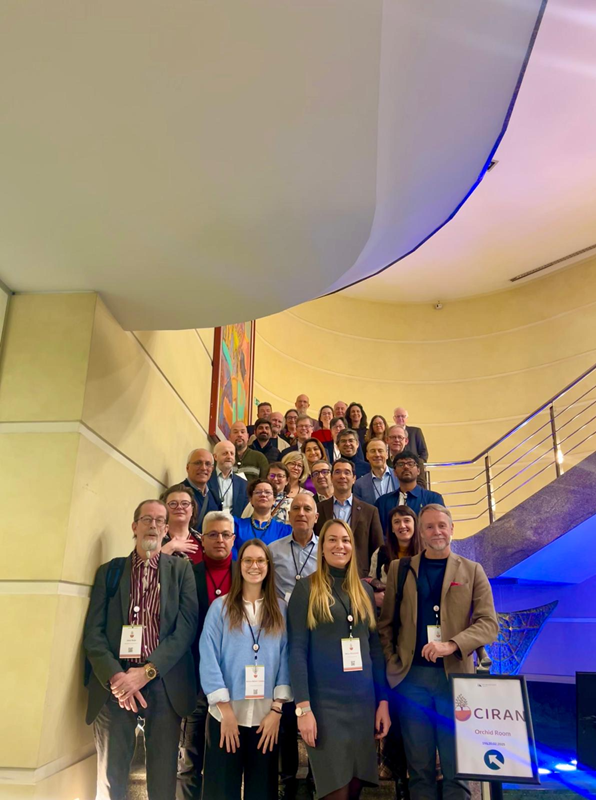 https://www.lapalmacentre.eu/wp-content/uploads/CIRAN_Slovenia_5.png
800
596
Luis Lopes
https://www.lapalmacentre.eu/wp-content/uploads/LPRC-LogoNegative-Blue-1030x275.png
Luis Lopes2025-03-07 11:24:362025-03-07 11:24:36CIRAN 4th Consortium Meeting (February 2025, Ljubljana, Slovenia)
https://www.lapalmacentre.eu/wp-content/uploads/CIRAN_Slovenia_5.png
800
596
Luis Lopes
https://www.lapalmacentre.eu/wp-content/uploads/LPRC-LogoNegative-Blue-1030x275.png
Luis Lopes2025-03-07 11:24:362025-03-07 11:24:36CIRAN 4th Consortium Meeting (February 2025, Ljubljana, Slovenia) https://www.lapalmacentre.eu/wp-content/uploads/CRM-Cluster-Hub-photo.jpg
1536
2048
Luis Lopes
https://www.lapalmacentre.eu/wp-content/uploads/LPRC-LogoNegative-Blue-1030x275.png
Luis Lopes2025-03-05 14:22:042025-03-05 14:22:04Annual workshop of the Cluster Hub “Production of Raw Materials for Batteries from European Resources”
https://www.lapalmacentre.eu/wp-content/uploads/CRM-Cluster-Hub-photo.jpg
1536
2048
Luis Lopes
https://www.lapalmacentre.eu/wp-content/uploads/LPRC-LogoNegative-Blue-1030x275.png
Luis Lopes2025-03-05 14:22:042025-03-05 14:22:04Annual workshop of the Cluster Hub “Production of Raw Materials for Batteries from European Resources”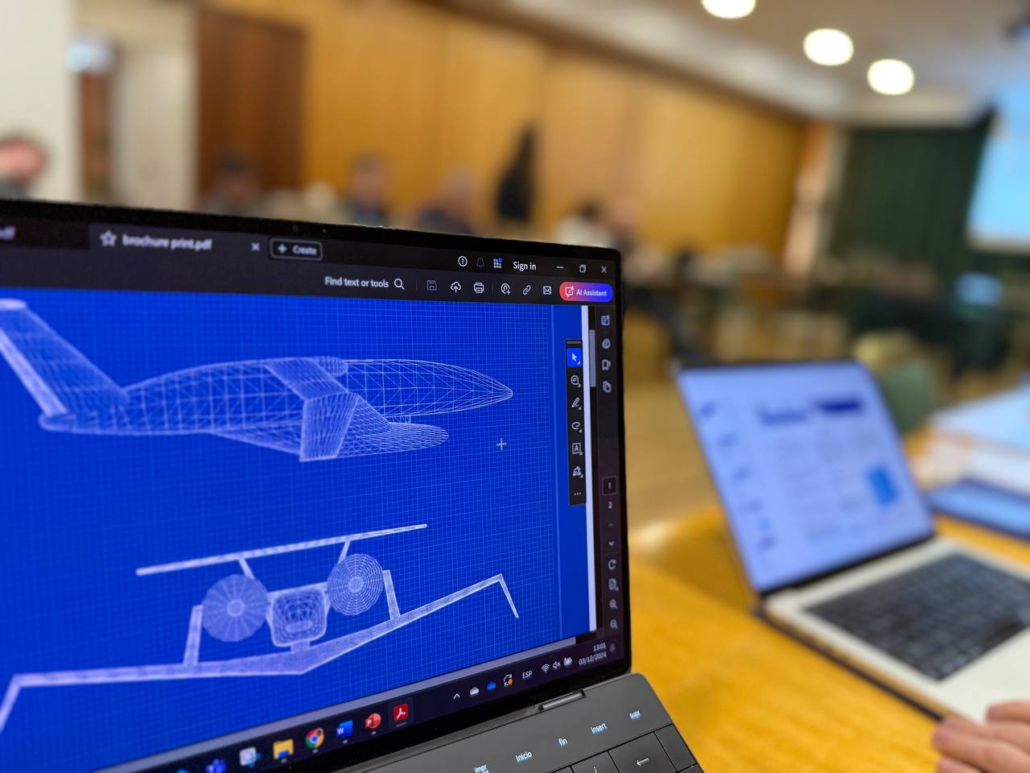 https://www.lapalmacentre.eu/wp-content/uploads/AIRSHIP_Azores_1.png
960
1280
Luis Lopes
https://www.lapalmacentre.eu/wp-content/uploads/LPRC-LogoNegative-Blue-1030x275.png
Luis Lopes2024-12-16 09:11:552024-12-16 09:11:55AIRSHIP Project Midpoint Consortium Meeting (3-5 December, Azores)
https://www.lapalmacentre.eu/wp-content/uploads/AIRSHIP_Azores_1.png
960
1280
Luis Lopes
https://www.lapalmacentre.eu/wp-content/uploads/LPRC-LogoNegative-Blue-1030x275.png
Luis Lopes2024-12-16 09:11:552024-12-16 09:11:55AIRSHIP Project Midpoint Consortium Meeting (3-5 December, Azores)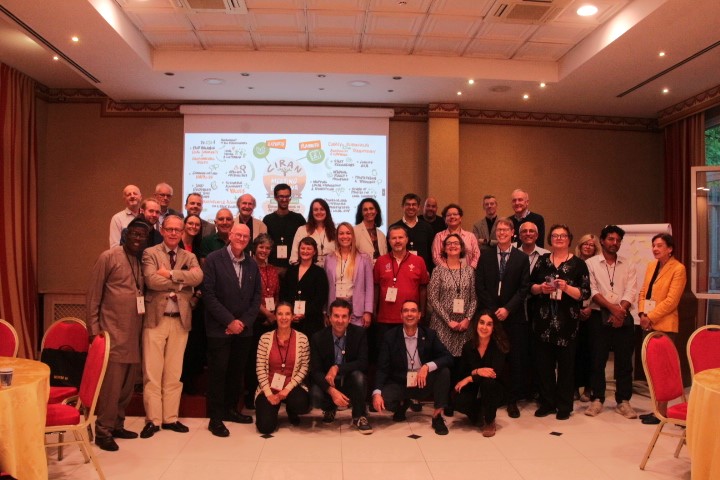 https://www.lapalmacentre.eu/wp-content/uploads/CIRAN-1.jpg
480
720
Luis Lopes
https://www.lapalmacentre.eu/wp-content/uploads/LPRC-LogoNegative-Blue-1030x275.png
Luis Lopes2024-11-04 10:34:082024-11-04 10:34:42CIRAN 3rd Consortium Meeting (Bologna, Italy)
https://www.lapalmacentre.eu/wp-content/uploads/CIRAN-1.jpg
480
720
Luis Lopes
https://www.lapalmacentre.eu/wp-content/uploads/LPRC-LogoNegative-Blue-1030x275.png
Luis Lopes2024-11-04 10:34:082024-11-04 10:34:42CIRAN 3rd Consortium Meeting (Bologna, Italy)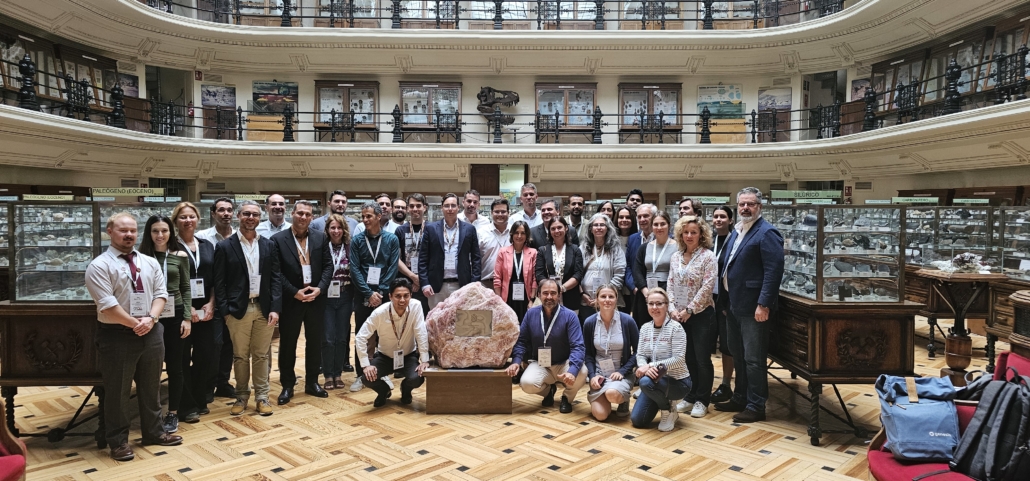 https://www.lapalmacentre.eu/wp-content/uploads/20240924_152407-scaled.jpg
1196
2560
Luis Lopes
https://www.lapalmacentre.eu/wp-content/uploads/LPRC-LogoNegative-Blue-1030x275.png
Luis Lopes2024-10-14 11:00:352024-10-11 15:49:56LPRC joins a new Horizon Europe project: GENESIS
https://www.lapalmacentre.eu/wp-content/uploads/20240924_152407-scaled.jpg
1196
2560
Luis Lopes
https://www.lapalmacentre.eu/wp-content/uploads/LPRC-LogoNegative-Blue-1030x275.png
Luis Lopes2024-10-14 11:00:352024-10-11 15:49:56LPRC joins a new Horizon Europe project: GENESIS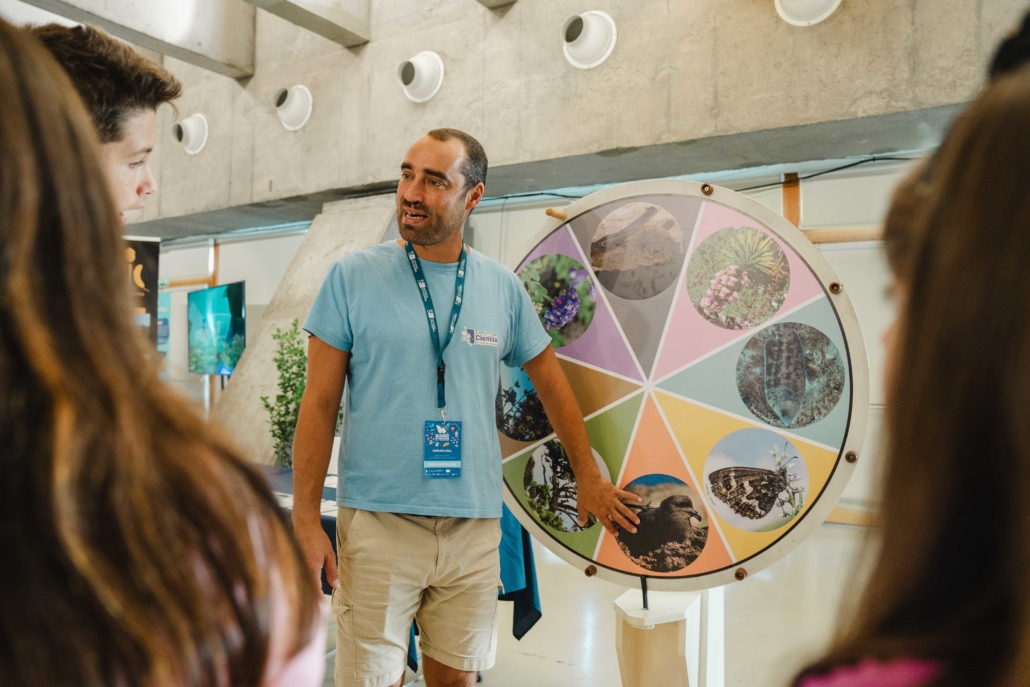 https://www.lapalmacentre.eu/wp-content/uploads/DSC07261-scaled.jpg
1707
2560
Luis Lopes
https://www.lapalmacentre.eu/wp-content/uploads/LPRC-LogoNegative-Blue-1030x275.png
Luis Lopes2024-10-11 12:37:322024-10-11 12:37:32Macaronight 2024 – another successful event!
https://www.lapalmacentre.eu/wp-content/uploads/DSC07261-scaled.jpg
1707
2560
Luis Lopes
https://www.lapalmacentre.eu/wp-content/uploads/LPRC-LogoNegative-Blue-1030x275.png
Luis Lopes2024-10-11 12:37:322024-10-11 12:37:32Macaronight 2024 – another successful event!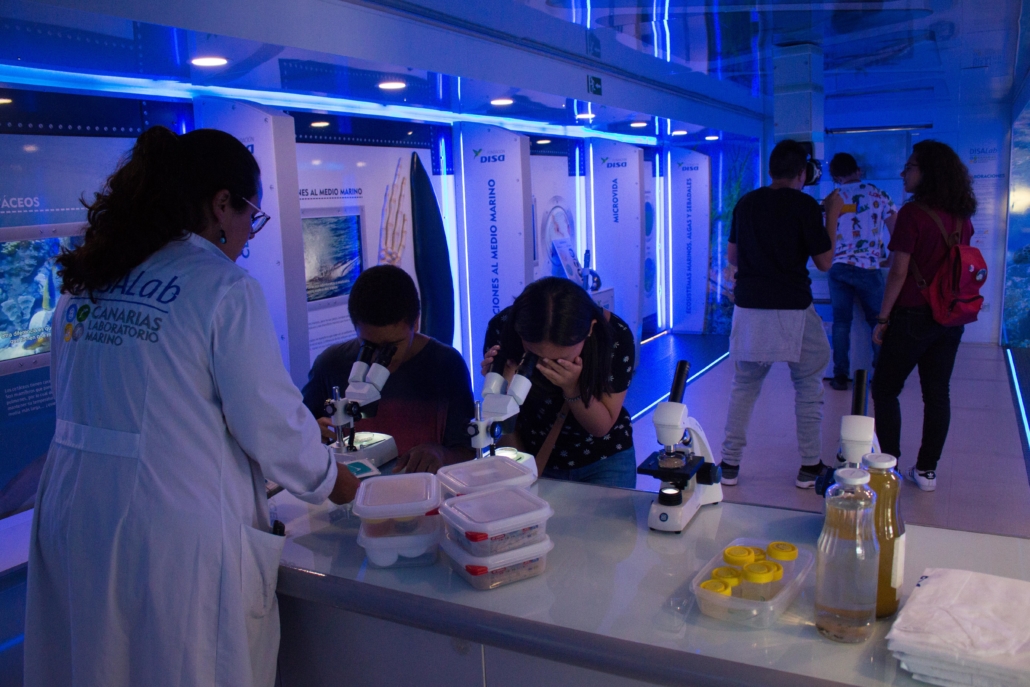 https://www.lapalmacentre.eu/wp-content/uploads/Macaronight-43.jpg
3648
5472
Luis Lopes
https://www.lapalmacentre.eu/wp-content/uploads/LPRC-LogoNegative-Blue-1030x275.png
Luis Lopes2024-09-23 12:25:312024-10-11 12:37:58La Palma Research Centre organizes the MacaroNight 2024
https://www.lapalmacentre.eu/wp-content/uploads/Macaronight-43.jpg
3648
5472
Luis Lopes
https://www.lapalmacentre.eu/wp-content/uploads/LPRC-LogoNegative-Blue-1030x275.png
Luis Lopes2024-09-23 12:25:312024-10-11 12:37:58La Palma Research Centre organizes the MacaroNight 2024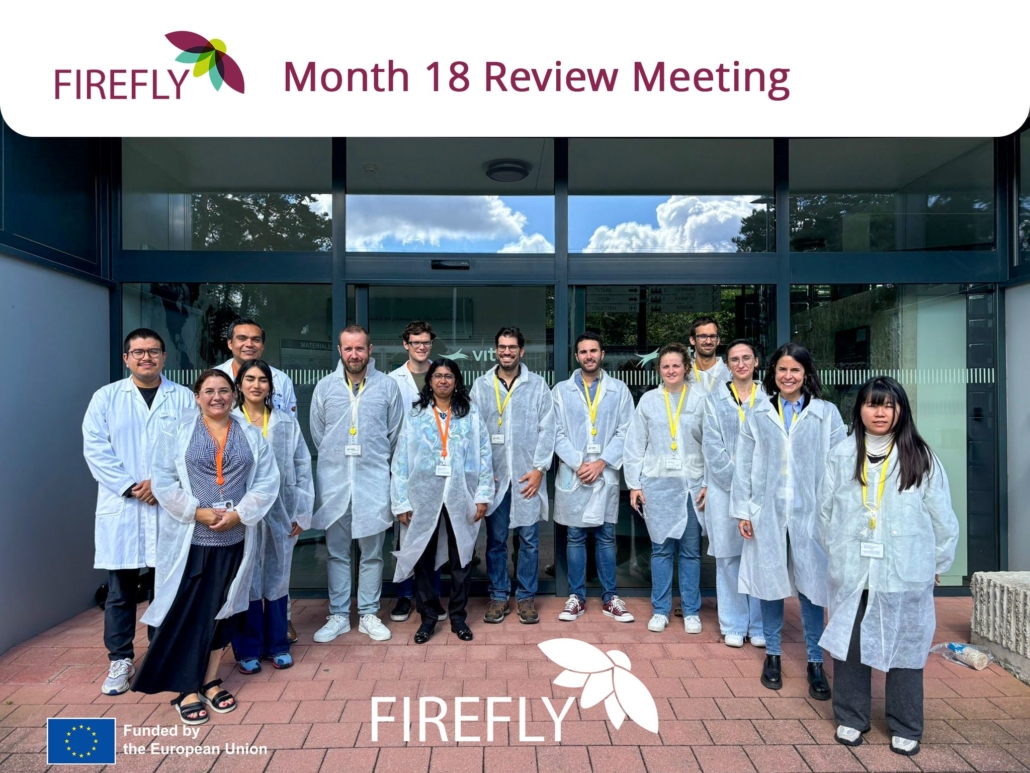 FIREFLY
https://www.lapalmacentre.eu/wp-content/uploads/FIREFLY-meeting-1.jpg
1536
2048
Luis Lopes
https://www.lapalmacentre.eu/wp-content/uploads/LPRC-LogoNegative-Blue-1030x275.png
Luis Lopes2024-09-18 13:55:072024-09-18 13:55:40FIREFLY Consortium Meeting, 9-11 September 2024, Leuven, Belgium
FIREFLY
https://www.lapalmacentre.eu/wp-content/uploads/FIREFLY-meeting-1.jpg
1536
2048
Luis Lopes
https://www.lapalmacentre.eu/wp-content/uploads/LPRC-LogoNegative-Blue-1030x275.png
Luis Lopes2024-09-18 13:55:072024-09-18 13:55:40FIREFLY Consortium Meeting, 9-11 September 2024, Leuven, Belgium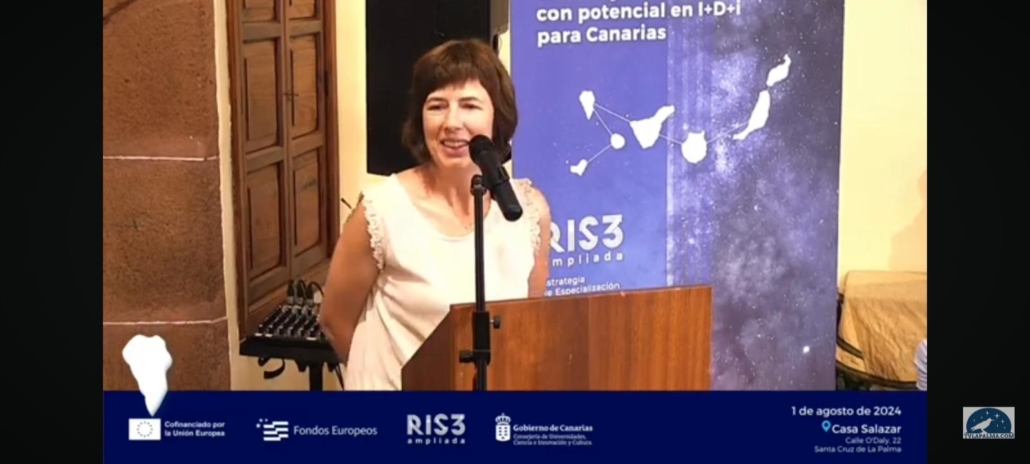 https://www.lapalmacentre.eu/wp-content/uploads/IDi-2.jpg
720
1600
Luis Lopes
https://www.lapalmacentre.eu/wp-content/uploads/LPRC-LogoNegative-Blue-1030x275.png
Luis Lopes2024-08-02 11:26:482024-08-02 11:26:48𝐋𝐚 𝐏𝐚𝐥𝐦𝐚, 𝐮𝐧𝐚 𝐢𝐬𝐥𝐚 𝐜𝐨𝐧 𝐩𝐫𝐨𝐲𝐞𝐜𝐜𝐢ó𝐧 𝐝𝐞 𝐈+𝐃+𝐢 𝐞𝐧 𝐥𝐚 𝐑𝐈𝐒𝟑 𝐚𝐦𝐩𝐥𝐢𝐚𝐝𝐚, La Palma, 1 August
https://www.lapalmacentre.eu/wp-content/uploads/IDi-2.jpg
720
1600
Luis Lopes
https://www.lapalmacentre.eu/wp-content/uploads/LPRC-LogoNegative-Blue-1030x275.png
Luis Lopes2024-08-02 11:26:482024-08-02 11:26:48𝐋𝐚 𝐏𝐚𝐥𝐦𝐚, 𝐮𝐧𝐚 𝐢𝐬𝐥𝐚 𝐜𝐨𝐧 𝐩𝐫𝐨𝐲𝐞𝐜𝐜𝐢ó𝐧 𝐝𝐞 𝐈+𝐃+𝐢 𝐞𝐧 𝐥𝐚 𝐑𝐈𝐒𝟑 𝐚𝐦𝐩𝐥𝐢𝐚𝐝𝐚, La Palma, 1 August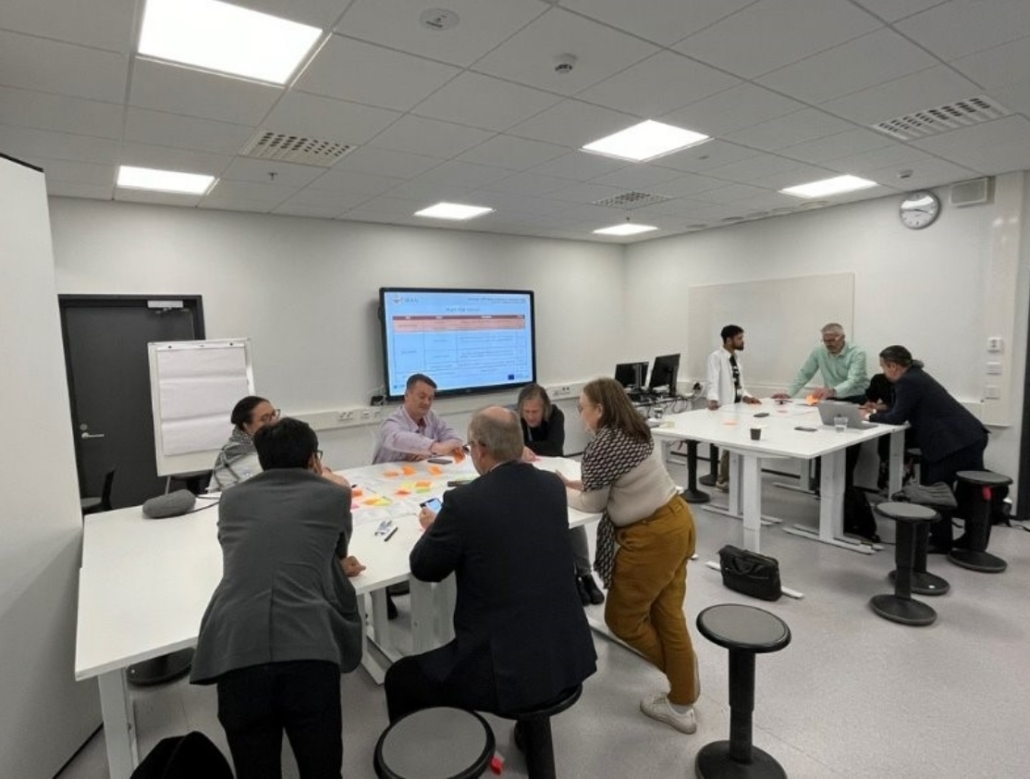 https://www.lapalmacentre.eu/wp-content/uploads/Futures-Conference-2024_3.jpg
842
1114
Luis Lopes
https://www.lapalmacentre.eu/wp-content/uploads/LPRC-LogoNegative-Blue-1030x275.png
Luis Lopes2024-07-15 11:53:482024-07-12 11:54:16The Futures of Critical Raw Materials in Europe explored at the 2024 Futures Conference in Turku
https://www.lapalmacentre.eu/wp-content/uploads/Futures-Conference-2024_3.jpg
842
1114
Luis Lopes
https://www.lapalmacentre.eu/wp-content/uploads/LPRC-LogoNegative-Blue-1030x275.png
Luis Lopes2024-07-15 11:53:482024-07-12 11:54:16The Futures of Critical Raw Materials in Europe explored at the 2024 Futures Conference in Turku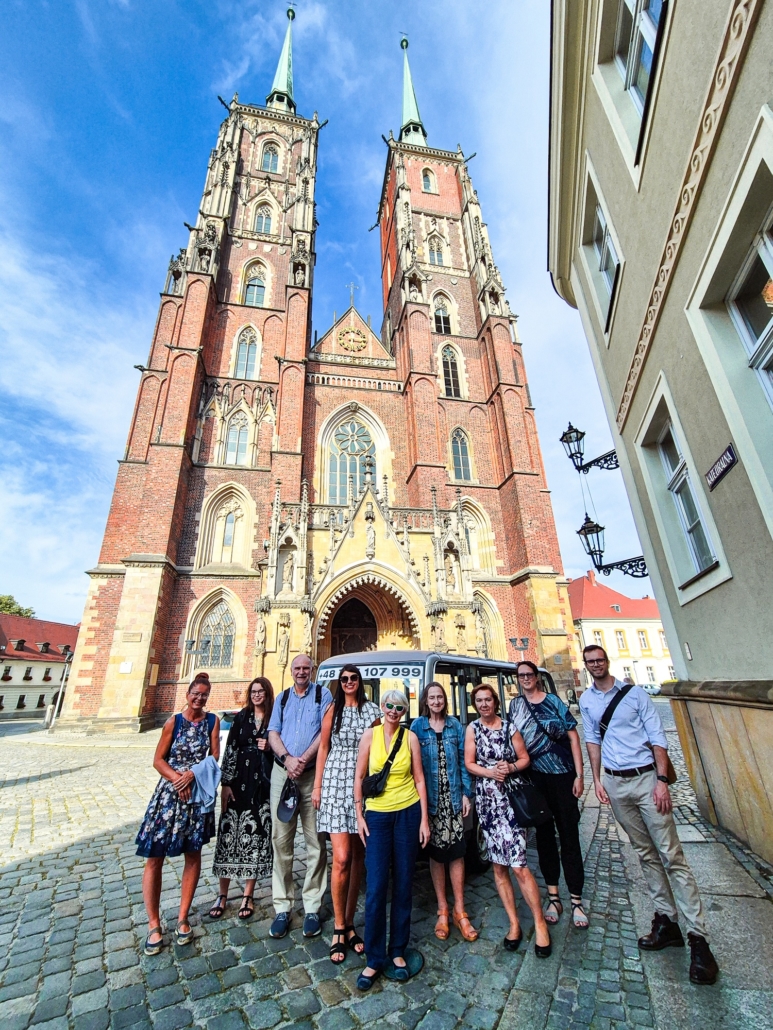 https://www.lapalmacentre.eu/wp-content/uploads/TIMREX-Wroclaw3.jpg
2000
1500
Luis Lopes
https://www.lapalmacentre.eu/wp-content/uploads/LPRC-LogoNegative-Blue-1030x275.png
Luis Lopes2024-07-12 14:00:042024-07-11 15:06:45TIMREX Steering Commitee Meeting, 27-28 June 2024, Wroclaw, Poland
https://www.lapalmacentre.eu/wp-content/uploads/TIMREX-Wroclaw3.jpg
2000
1500
Luis Lopes
https://www.lapalmacentre.eu/wp-content/uploads/LPRC-LogoNegative-Blue-1030x275.png
Luis Lopes2024-07-12 14:00:042024-07-11 15:06:45TIMREX Steering Commitee Meeting, 27-28 June 2024, Wroclaw, Poland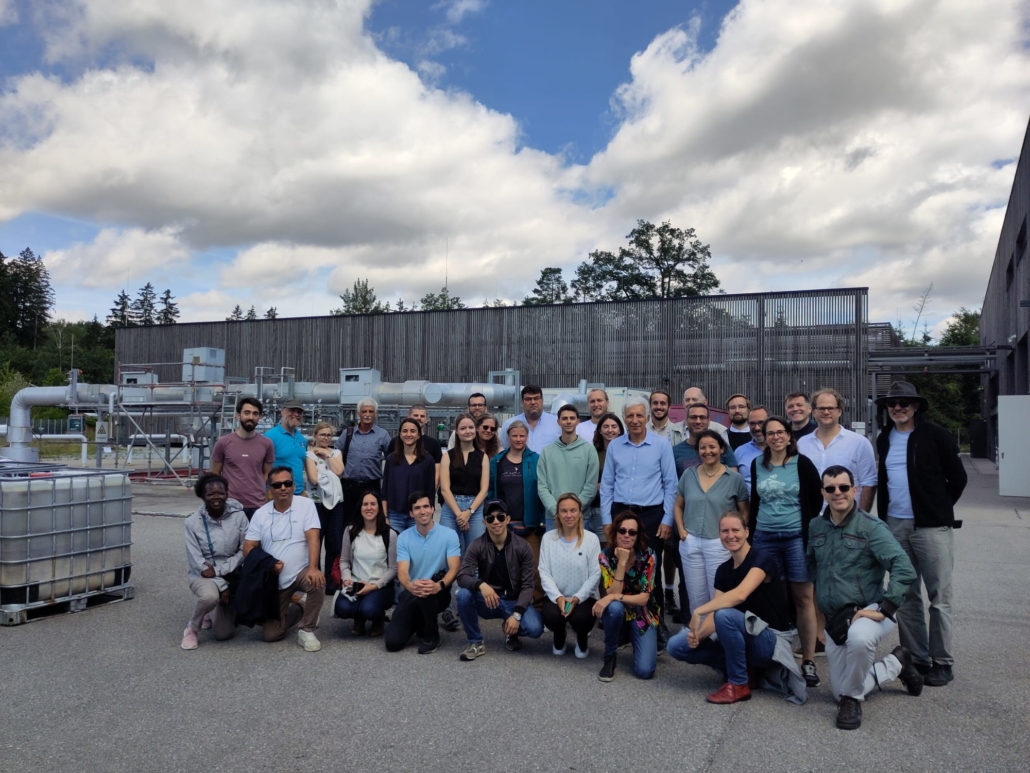 https://www.lapalmacentre.eu/wp-content/uploads/IMG-20240708-WA0000.jpg
1500
2000
Luis Lopes
https://www.lapalmacentre.eu/wp-content/uploads/LPRC-LogoNegative-Blue-1030x275.png
Luis Lopes2024-07-10 16:35:582024-07-10 16:36:49CRM-geothermal 3rd General Assembly, 3-5 July 2024, Munich, Germany
https://www.lapalmacentre.eu/wp-content/uploads/IMG-20240708-WA0000.jpg
1500
2000
Luis Lopes
https://www.lapalmacentre.eu/wp-content/uploads/LPRC-LogoNegative-Blue-1030x275.png
Luis Lopes2024-07-10 16:35:582024-07-10 16:36:49CRM-geothermal 3rd General Assembly, 3-5 July 2024, Munich, Germany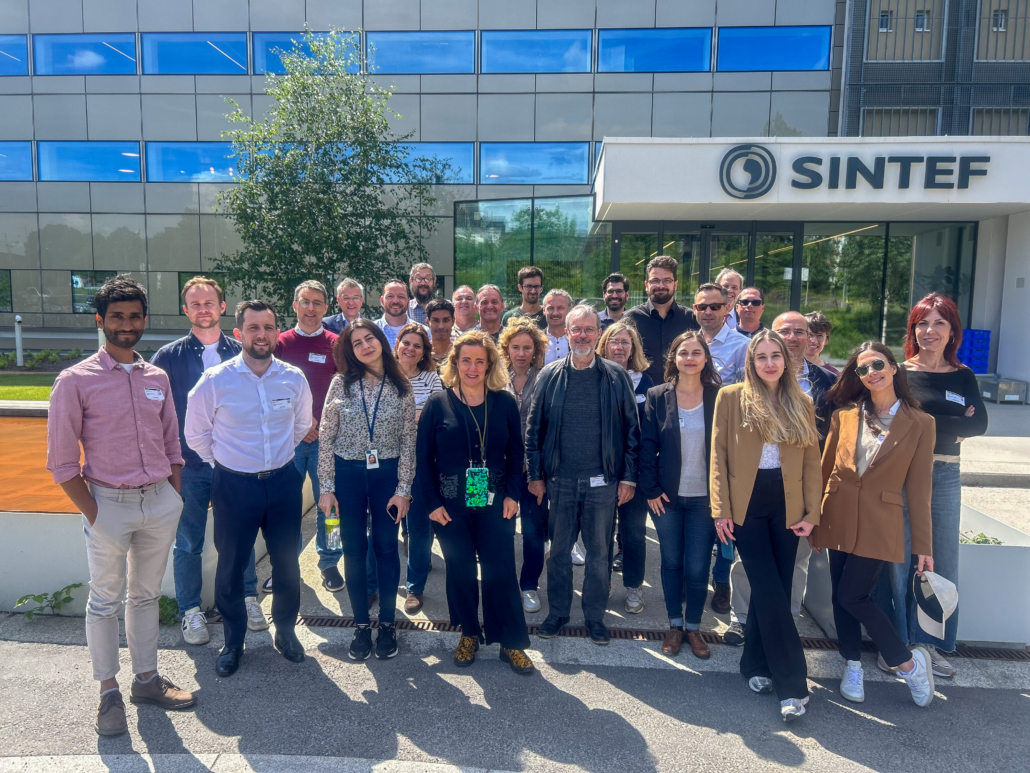 https://www.lapalmacentre.eu/wp-content/uploads/START-group-Oslo-scaled.jpg
1920
2560
Luis Lopes
https://www.lapalmacentre.eu/wp-content/uploads/LPRC-LogoNegative-Blue-1030x275.png
Luis Lopes2024-06-13 15:21:202024-06-13 15:21:20START Consortium Meeting, 6 & 7 June 2024, Oslo, Norway
https://www.lapalmacentre.eu/wp-content/uploads/START-group-Oslo-scaled.jpg
1920
2560
Luis Lopes
https://www.lapalmacentre.eu/wp-content/uploads/LPRC-LogoNegative-Blue-1030x275.png
Luis Lopes2024-06-13 15:21:202024-06-13 15:21:20START Consortium Meeting, 6 & 7 June 2024, Oslo, Norway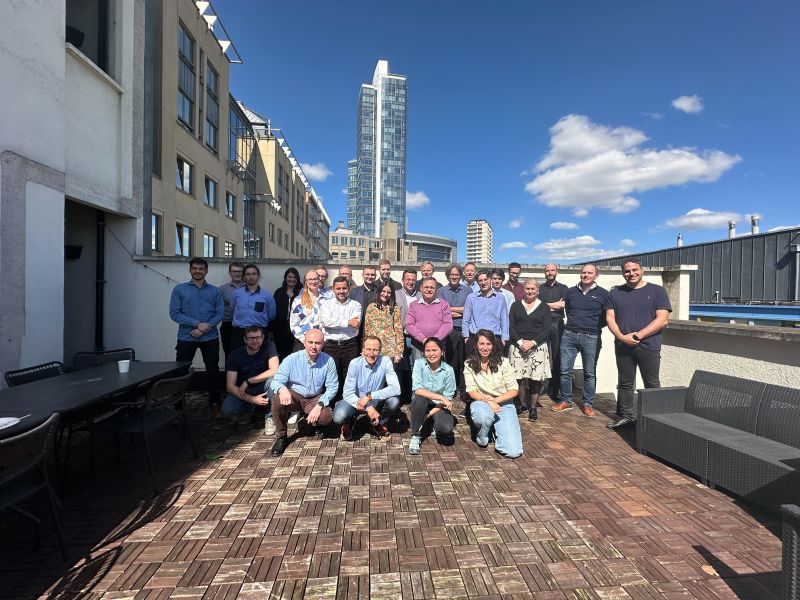 https://www.lapalmacentre.eu/wp-content/uploads/PERSEPHONE-Meeting-1.jpeg
600
800
Luis Lopes
https://www.lapalmacentre.eu/wp-content/uploads/LPRC-LogoNegative-Blue-1030x275.png
Luis Lopes2024-04-15 12:00:302024-04-12 10:56:15PERSEPHONE Meeting, 10 & 11 April 2024, Brussels, Belgium
https://www.lapalmacentre.eu/wp-content/uploads/PERSEPHONE-Meeting-1.jpeg
600
800
Luis Lopes
https://www.lapalmacentre.eu/wp-content/uploads/LPRC-LogoNegative-Blue-1030x275.png
Luis Lopes2024-04-15 12:00:302024-04-12 10:56:15PERSEPHONE Meeting, 10 & 11 April 2024, Brussels, Belgium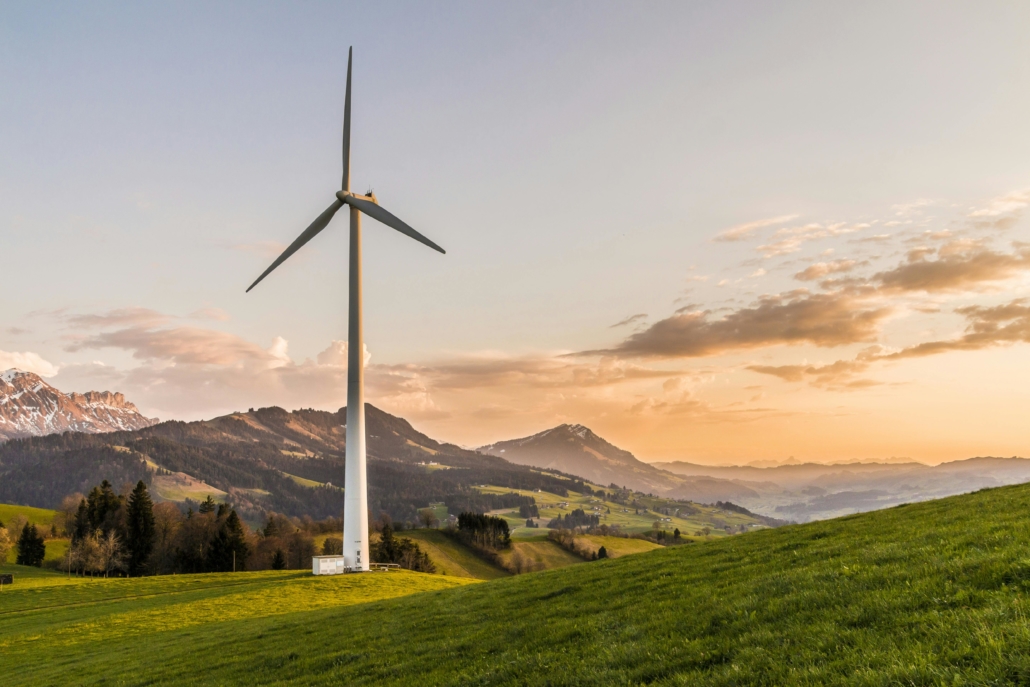 https://www.lapalmacentre.eu/wp-content/uploads/Energy-picture-scaled.jpg
1707
2560
Luis Lopes
https://www.lapalmacentre.eu/wp-content/uploads/LPRC-LogoNegative-Blue-1030x275.png
Luis Lopes2024-03-29 10:35:222024-03-29 10:35:22LPRC co-hosted the recent CRM-geothermal webinar
https://www.lapalmacentre.eu/wp-content/uploads/Energy-picture-scaled.jpg
1707
2560
Luis Lopes
https://www.lapalmacentre.eu/wp-content/uploads/LPRC-LogoNegative-Blue-1030x275.png
Luis Lopes2024-03-29 10:35:222024-03-29 10:35:22LPRC co-hosted the recent CRM-geothermal webinarAutonomous Flying Ships for Inter-Island and Inland Waters Transport
FlexIble, predictive and Renewable Electricity powered electrochemical toolbox For a sustainable transition of the catalyst-based European chemicaL industrY
Raw materials from geothermal fluids: occurrence, enrichment, extraction
Sustainable Energy Harvesting Systems Based on Innovative Mine Waste Recycling
Resilient Bio-inspired Modular Robotic Miners
MSCA for the Macaronesian public to develop careers in sciences
Current and past projects
When: 14-15 May 2025
Where: Elder Museum of Science and Technology, Las Palmas de Gran Canaria (Canary Islands, Spain)
Related projects: MacaroNight
More information: Participants will have the chance to explore encouraging and challenging discussions in the framework of an island territory, namely, the Canary Islands. This will offer participants a unique context to better understand the perspectives and experiences related to science communication in public engagement in different geographical and societal environments and sometimes isolated territories.
